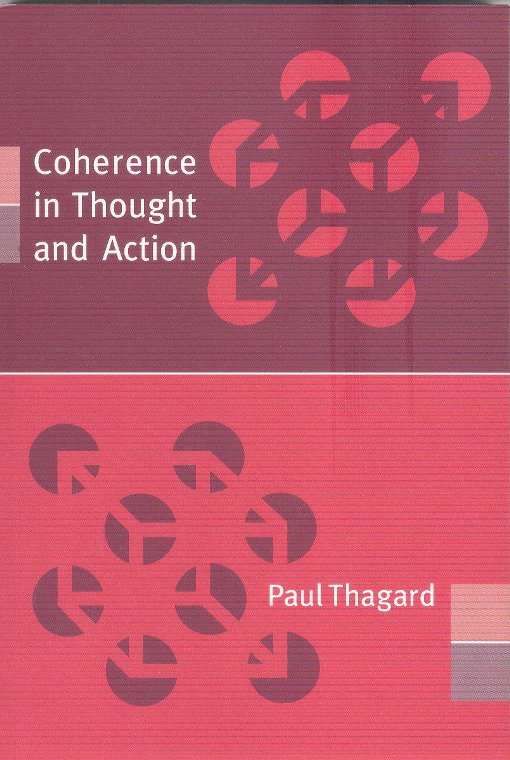Descrição
This book is an essay on how people make sense of each other and the world they live in.
Making sense is the activity of fitting something puzzling into a coherent pattern of mental representations that include concepts, beliefs, goals, and actions.
Paul Thagard proposes a general theory of coherence as the satisfaction of multiple interacting constraint, and he discusses the theory’s numerous psychological and philosophical applications.
Much of human cognition can be understood in terms of coherence as constraint satisfaction, and many of the central problems of philosophy can be given coherence-based solutions. Thagard shows how coherence can help to unify issues in psychology, metaphysics, ethics, politics, and aesthetics. He also shows how coherence can integrate cognition and emotion.
CONTENT
Preface
Acknowledgements
I – Coherence in philosophy and psychology
1 – Coherence in psychology
2 – Coherence in Philosophy
3 – Why philosophy abandoned psychology
4 – Cognitive naturalism
5 – Summary
II – Coherence as constraint satisfaction
1 – Constraint satisfaction
2 – Coherence problems
3 – Computing coherence
4 – Measuring coherence
5 – Summary
III – Knowledge
1 – Haack,s “Foundherentism” and explanatory coherence
2 – Analogical coherence
3 – Deductive coherence
4 – Perceptual coherence
5 – Conceptual coherence
6 – Unifying coherence
7 – Objections to coherence theories
8 – Language
9 – Summary
IV – Reality
1 – Truth and the world
2 – Correspondence and approximate truth
3 – Mind and body
4 – Other minds
5 – God
6 – Summary
7 – Appendix: The comparative coherence of materialism, dualism, and theism
V – Ethics and politics
1 – Deliberative coherence
2 – Deductive coherence
3 – Explanatory coherence
4 – Analogical Coherence
5 – Making sense of ethics
7 – The coherence of abortion
8 – Normative issues
9 – Politics: justifying the state
10 – What kind of state?
11 – Conclusion
12 – Summary
VI – Emotion
1 – The importance of trust
2 – Coherence-Based inference
3 – Emotional coherence: theory
4 – Emotional coherence: model
5 – Emotional coherence and trust
6 – Empathy
7 – Nartionalism
8 – Metacoherence
9 – Beauty and symmetry
10 – Humor
11 – E Cognitive for emotional coherence theory
12 – Evidence for emotional coherence theory
13 – Normative considerations
14 – Summary
VII – Consensus
1 – Consensus in science and medicine
2 – A model of consensus
3 – Consensus and the causes of ulcers
4 – Consensus and the origin of the moon
5 – Benefits of consensus conferences
6 – Consensus in value judgments
7 – Summary
8 – Probanility
1 – Two traditions in causal reasoning
2 – Probabilistic networks
3 – Translating ECHO into probabilistic networks
4 – Tackling probabilistic problems with ECHO
5 – Conclusion
6 – Summary
9 – The future of coherence
References
Index

